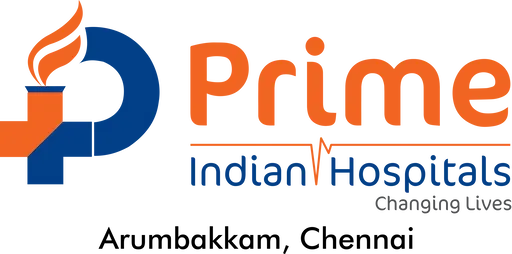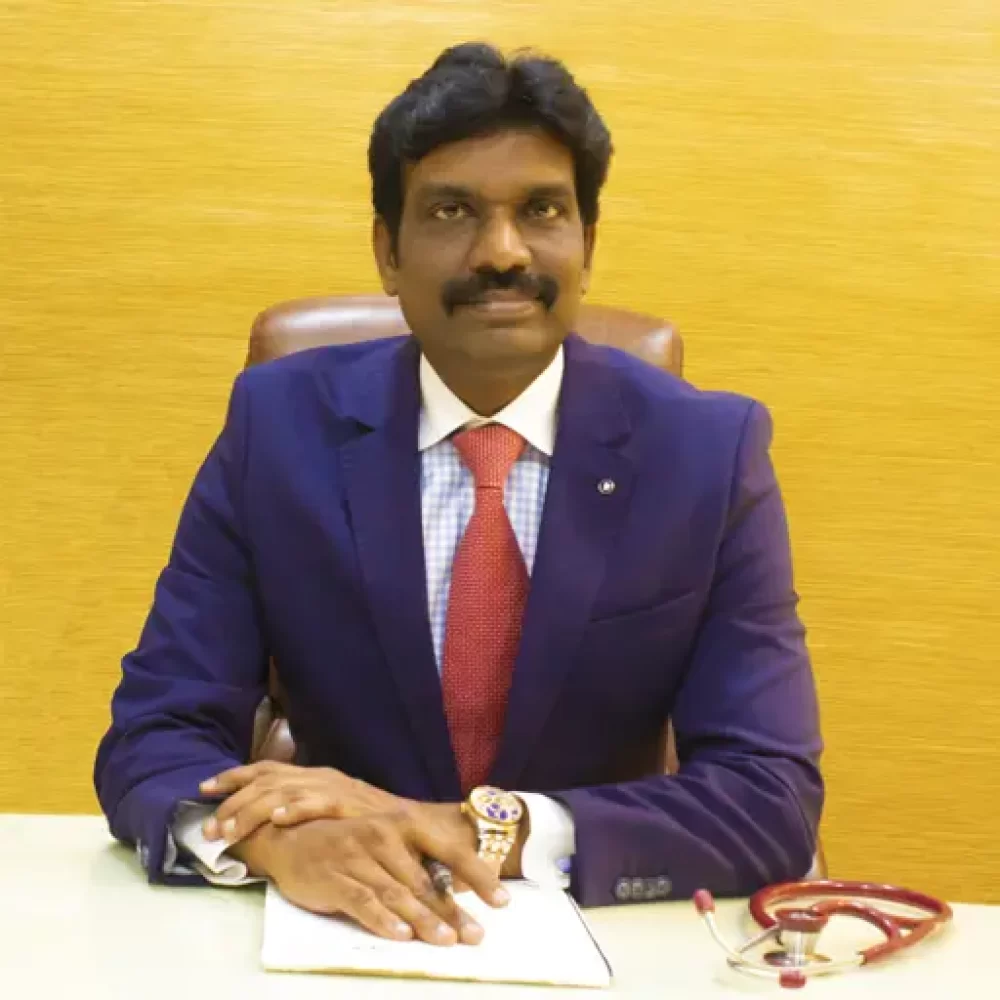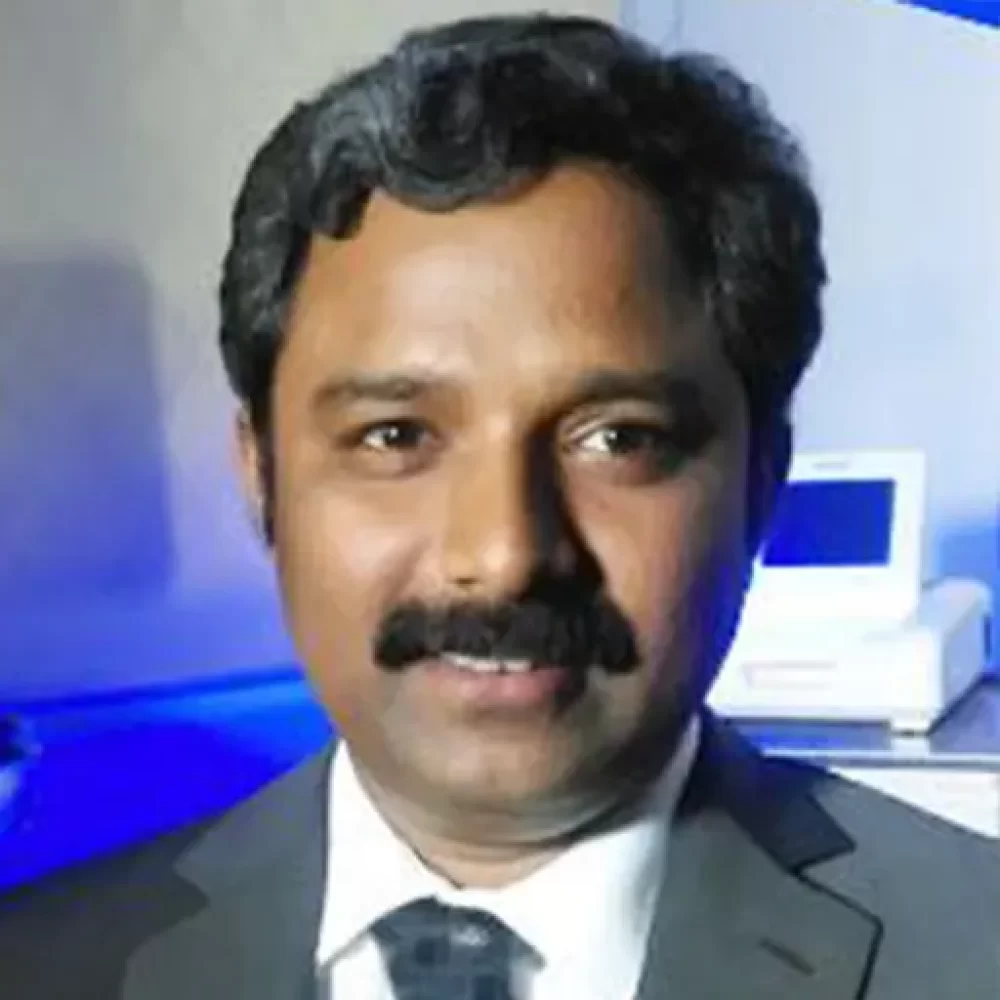Endoscopy / Colonoscopy / ERCP (Endoscopic Retrograde Cholangiopancreatography) are essential diagnostic and therapeutic procedures that allow healthcare professionals to view and treat areas within the body that are otherwise difficult to access. These minimally invasive procedures are vital in diagnosing and treating conditions affecting the gastrointestinal system, bile ducts, and pancreas. Endoscopy and colonoscopy help in evaluating the digestive tract, while ERCP focuses on the bile and pancreatic ducts.
These tools, alongside Advanced Laboratory Services, are essential for detecting conditions like gastrointestinal cancers and pancreatitis. They guide accurate diagnoses, ensuring effective treatments and optimal health outcomes at Prime Indian Hospital.
What is ERCP?
Endoscopic Retrograde Cholangiopancreatography (ERCP) is a specialized procedure used to examine and treat conditions related to the bile ducts, gallbladder, and pancreas. During the procedure, an endoscope (a long, flexible tube with a camera) is inserted through the mouth, down the throat, and into the small intestine, where the bile and pancreatic ducts are visualized. A contrast dye is injected into the ducts, and X-rays are taken to identify blockages, narrowing, or other abnormalities. ERCP is used to diagnose and treat conditions such as gallstones, bile duct obstructions, pancreatitis, and certain types of cancers. It can also be used for therapeutic interventions like removing stones, placing stents, or taking biopsies during the procedure, providing immediate relief for patients.
- Visualizes bile and pancreatic ducts: Helps provide detailed images of the bile ducts, gallbladder, and pancreas.
- Diagnoses and treats conditions: Effective in diagnosing and treating issues like gallstones, bile duct obstructions, and pancreatitis.
- Minimally invasive: Offers a non-surgical approach for both diagnosis and treatment of complex conditions.
Risks of ERCP
Although ERCP is a highly effective procedure, it does carry some risks. The most common risks include infection, bleeding, and pancreatitis, an inflammation of the pancreas. Discomfort, bloating, or mild throat irritation can also occur due to the insertion of the endoscope. In rare cases, injury to the bile ducts or pancreas or the development of a perforation may require surgical repair. However, these complications are infrequent, and the benefits of ERCP, such as the ability to diagnose and treat serious conditions in a single session, often outweigh the risks. Pre-procedure assessments and proper planning help minimize potential complications, making ERCP a safe and valuable diagnostic tool.
- Infection and bleeding: Potential risks, especially if therapeutic interventions are done during the procedure.
- Pancreatitis: A relatively common complication that can cause pain and requires treatment.
- Bile duct or pancreatic injury: Rare, but can lead to serious complications if the ducts or pancreas are damaged.
Before the Procedure
Prior to undergoing ERCP, patients undergo a thorough consultation to review their medical history, medications, and any allergies. It is important for patients to inform the doctor about existing conditions such as heart disease, diabetes, or kidney issues, as these may affect how the procedure is carried out. Patients are typically instructed to fast for at least six hours before the procedure to ensure the stomach and intestines are empty, which improves visibility during the examination.
Blood tests may be performed to assess liver function or check for other potential issues. Sedation is administered to keep the patient comfortable throughout the procedure. A mild sedative is given intravenously, and local anesthesia is applied to the throat to prevent discomfort from the endoscope insertion.
- Medical history review: Essential for identifying any conditions that may affect the procedure’s safety.
- Fasting requirement: Patients must refrain from eating or drinking for several hours before the procedure.
- Sedation and anesthesia: Sedatives and local anesthesia are used to ensure patient comfort during the procedure.
After the Procedure
Following ERCP, patients are monitored for a short period as the sedation wears off. Most patients are able to go home on the same day, but they will need someone to drive them due to the lingering effects of sedation. It’s common to experience mild throat irritation, bloating, or abdominal discomfort after the procedure, but these side effects generally resolve within a few hours. Patients may be advised to avoid solid foods for a few hours after the procedure to allow the digestive system time to recover. If any therapeutic procedures, like stone removal or stent placement, were performed, the patient may require additional follow-up visits to monitor for complications and ensure the condition has been adequately addressed.
- Post-procedure monitoring: Patients are observed until the effects of sedation wear off.
- Mild discomfort: Temporary discomfort, such as sore throat or bloating, is common but resolves quickly.
- Follow-up care: Additional visits may be necessary to monitor the outcome and address any complications.
Complications
While ERCP is generally safe, complications can occur, although they are rare. Pancreatitis is one of the most common issues, characterized by abdominal pain, nausea, and vomiting, which may require treatment and sometimes hospitalization. Infection or bleeding can also arise, particularly if a stent is placed or a biopsy is taken. Another potential complication is a tear or perforation of the digestive tract, which may require immediate surgical intervention. However, these complications are uncommon, and most patients recover without serious issues. Prompt medical attention can often prevent or address any problems that arise, ensuring a smooth recovery.
- Pancreatitis: A potential complication that can cause abdominal pain, nausea, and require further treatment.
- Infection and bleeding: Possible if therapeutic interventions like stent placement or biopsies are performed.
- Tear or perforation: Rare but serious, requiring immediate surgical intervention if it occurs.
Conclusion
ERCP is an essential diagnostic and therapeutic tool used to examine and treat conditions affecting the bile ducts, pancreas, and gallbladder. This minimally invasive procedure provides valuable insight into complex gastrointestinal and pancreatic disorders, enabling prompt diagnosis and treatment. While the risks associated with ERCP are low, careful pre-procedure assessments and skilled execution help minimize complications. At Prime Indian Hospital, we prioritize patient safety and comfort, using the latest technology to ensure accurate results and optimal care. Whether used for diagnosing bile duct obstructions, treating pancreatitis, or removing gallstones, ERCP plays a vital role in improving patient health and offering timely, effective treatments.














